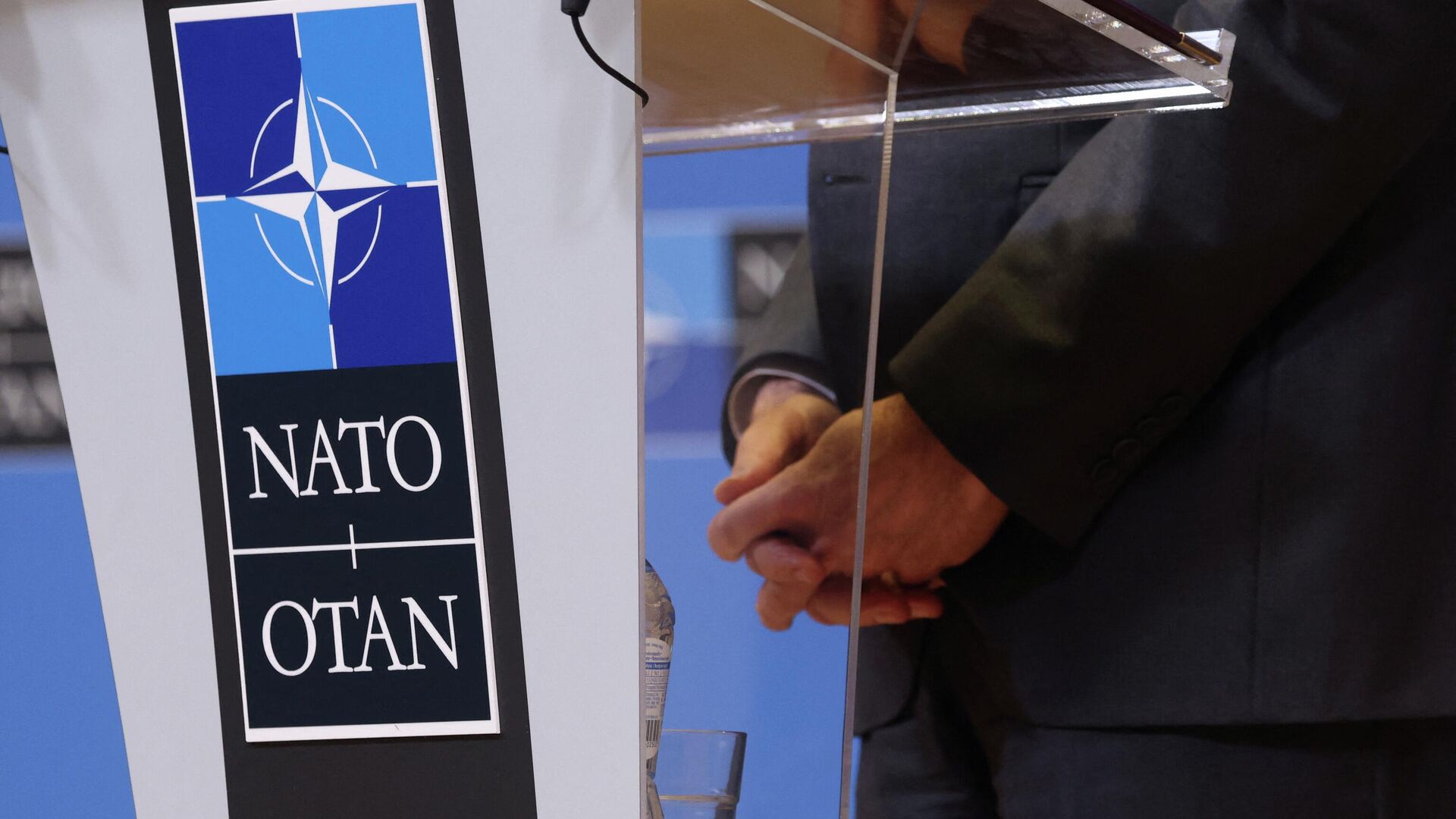‘Pro-NATO Propaganda’: As Israel's Media Turns Russia Into 'Villain,' Some Expats Raise Their Voice
08:26 GMT 20.04.2022 (Updated: 17:25 GMT 15.01.2023)

© REUTERS / EVELYN HOCKSTEIN
Subscribe
Since the start of Moscow's military operation in Ukraine on 24 February, Israel's media has taken a staunch pro-Ukrainian line. The biased coverage has impacted on the minds of many Israelis, with the result that 67 per cent of citizens believe Russia instigated the conflict.
Almost two months of Russia's special military operation in Ukraine have split Israel's Russian-speaking community. It has turned friends and families against one another.
Raising His Voice
Alexander, an Israeli of Russian origins from the northern city of Haifa who prefers not to disclose his full name fearing harassment, says that since the start of the military campaign he has quarrelled "a lot" with many of his friends.
He has openly expressed his views about the situation in Ukraine, which were not to their liking.
"I feel sorry for the Ukrainian people and the losses they are now going through. But I am against their regime and the politics it practices. They are a bunch of criminals and they are the ones who got Ukraine and Russia into this mess," says Alexander.
For him, the reasons for Russia launching its military campaign on 24 February are obvious. He goes into details, explaining the expansion of NATO towards the East, a move that has been considered hostile by Moscow. He talks about the Russian need to protect the people of the Donbass region, who have been living under constant bombardment by the Ukrainians since 2014. And he explains the urge to tackle the threat of Kiev's Nazism that has reared its head.
"Part of my family is from the East, from the Donbass region, and I am in touch with them. Over there, people of the liberated territories are happy that the Russians came over," says Alexander. "But those, who reside in the West are largely brainwashed. They do not see the reality as they have been poisoned by years of propaganda and media".
Biased Coverage
That same media, Alexander says, is also shaping the opinions of Israelis. Since the beginning of the hostilities between the two countries, Israel's newspapers and TV channels have taken a staunch anti-Russian stance. They have been presenting the Ukrainians as "victims" and "freedom fighters". Moscow was constantly viewed as an "aggressor" and its voice has rarely been heard.
"I cannot force myself to watch what's shown on our news channels. It is pure pro-American and pro-NATO propaganda. And as somebody, who immigrated from Russia and who understands the conflict, it is tough to see how my country is turned into a villain", Alexander says.
Alexander's claims are not ungrounded. A recent poll — conducted by the Israel Democracy Institute — found that 67 per cent of respondents believed that it was Russia that instigated the conflict. 44 per cent said the West needed to intervene in the conflict militarily to save Ukraine, rather than limit its actions to economic sanctions only.
Many did not confine themselves to words and have taken action to help Ukraine against Russia. Some put Ukrainian flags on their houses and even some municipal buildings. Others have staged protests against "the Russian occupiers," or donated money, food and clothes to Ukrainian refugees and those citizens who were stuck in the war-torn country. And there have also been those who went to the front to fight against the Russian forces.
The Israeli government has also taken a stance and started tilting towards Ukraine, cracking under Western pressure.
Israeli authorities have slammed Russia's military campaign. The country voted against Russia at the United Nations General Assembly — where Moscow was excluded from the UN Human Rights Council — and have been mulling the possibility of joining sanctions against Moscow, although officially they have tried to maintain neutrality.
"Israel should stay out of this conflict," says Alexander. "It would have been better if our country kept quiet. I understand why Israel is doing this. It doesn't want to get the West and the Ukrainians living here upset but there are a lot of Russians here too and you don't want to upset them either".



